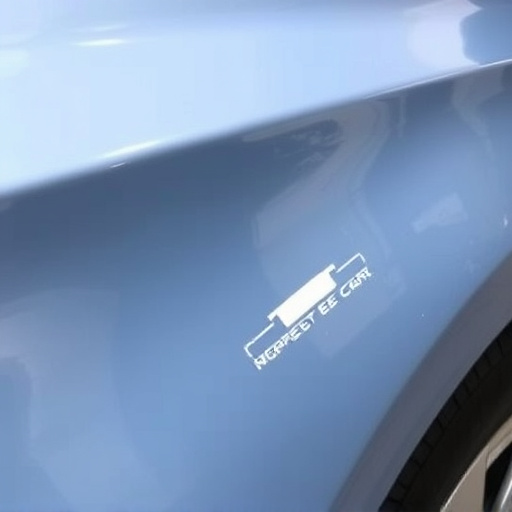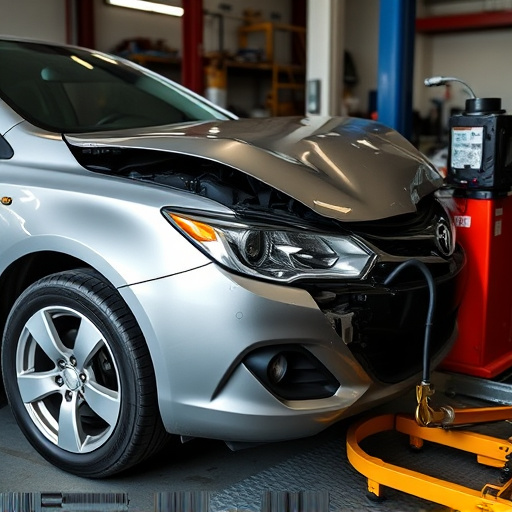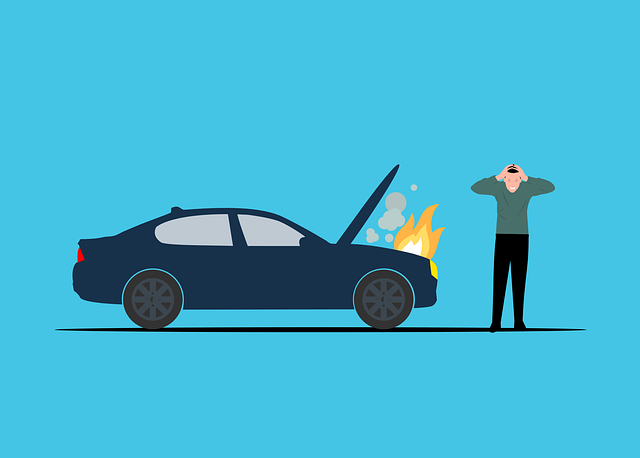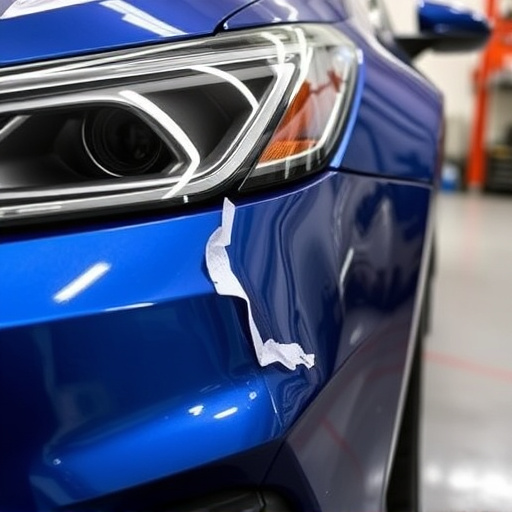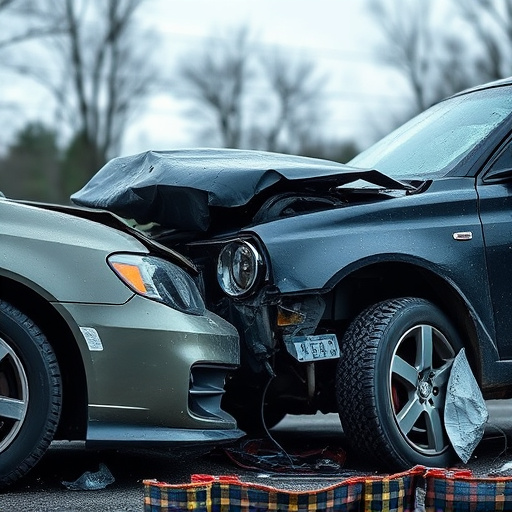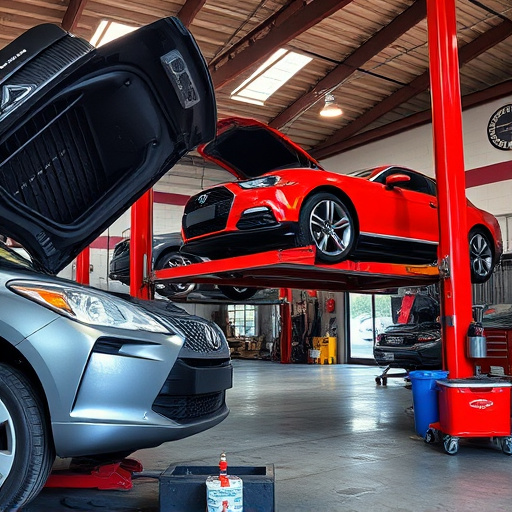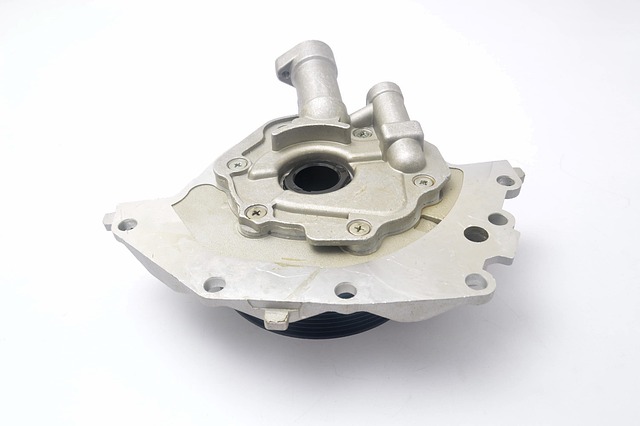A total loss assessment meticulously determines a vehicle's post-accident value, factoring in visible and hidden damage, age, mileage, and market demand. Insurance companies, policyholders, and trusted auto repair shops rely on this process to decide between total replacement or partial repair. Mileage significantly affects vehicle value; professional restoration services can mitigate this impact. The assessment requires detailed documentation, comparative analysis, adherence to industry standards, and precision to ensure fair insurance settlements.
In the realm of auto insurance claims, understanding total loss assessment is paramount. When a vehicle reaches beyond repairable limits, it’s categorized as a “total loss.” This article navigates the intricate relationship between mileage and its profound impact on determining case value.
We’ll explore how vehicle age and odometer readings influence replacement costs, delving into strategies to accurately calculate total loss assessment. By understanding these factors, insured individuals can ensure fair compensation for their vehicles in such scenarios.
- Understanding Total Loss Assessment: The Basics
- Mileage and Its Impact on Vehicle Value
- Strategies for Accurately Calculating Total Loss Case Value
Understanding Total Loss Assessment: The Basics

When it comes to assessing the value of a total loss case, understanding the concept of a total loss assessment is fundamental. This process involves evaluating the cost of replacing or repairing a vehicle after a significant accident, taking into account factors like age, condition, and market demand. It’s not simply about calculating the price of parts and labor for auto body work; it’s a comprehensive look at what a vehicle would be worth if restored to its pre-accident condition.
A total loss assessment considers not only the visible damage but also potential hidden issues that may arise during the automotive collision repair process. This meticulous evaluation ensures that insurance companies and policyholders have a clear understanding of the financial implications, helping to facilitate a fair settlement. It’s crucial for both parties to be on the same page regarding the value of the vehicle post-accident, especially when considering options like total replacement or partial repair through an esteemed auto repair shop.
Mileage and Its Impact on Vehicle Value

The mileage of a vehicle plays a significant role in determining its overall value, especially when assessing a total loss case. As a car ages and accumulates more miles, its worth inherently decreases. This is because vehicles are highly dependent on their mechanical integrity and aesthetic appeal, both of which can be compromised over time. Each additional mile driven increases the wear and tear on crucial components, from the engine and transmission to the brakes and suspension systems.
In a total loss assessment, insurance companies meticulously evaluate a vehicle’s mileage as one of the primary factors in calculating its market value. While older cars with higher mileage might still have significant residual value due to their dependability and established track record, they are often more challenging to restore or repair compared to newer models. This is where professional vehicle restoration services come into play, offering solutions for auto glass repair, body work, and other necessary vehicle repair services to bring the car back to its pre-loss condition or as close as possible.
Strategies for Accurately Calculating Total Loss Case Value
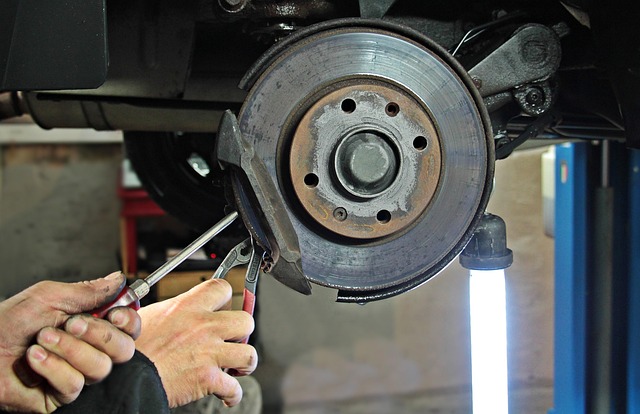
Calculating the total loss case value is a meticulous process that requires precision and attention to detail. To begin, gather all necessary documentation, including police reports, photographic evidence of damage, and repair estimates from trusted collision repair services. These primary sources will form the backbone of your total loss assessment.
Implementing strategies like comparing the cost of repairs against the vehicle’s pre-incident value ensures a fair evaluation. Additionally, factoring in depreciation rates specific to your vehicle’s make and model is crucial. It’s also recommended to consult industry standards and guidelines for total loss calculations, which can be provided by insurance companies or automotive professionals specializing in auto bodywork. This holistic approach guarantees an accurate determination of the case value.
In understanding how mileage influences your total loss case value, it’s clear that vehicle age and condition play significant roles. By factoring in mileage alongside traditional assessments, you can ensure more accurate appraisals during total loss claims. Employing strategies for meticulous calculation helps maintain fairness both for insured individuals and insurance providers, streamlining the claim process and facilitating faster resolutions. Remember, a comprehensive grasp of total loss assessment methods is key to navigating these situations effectively.
